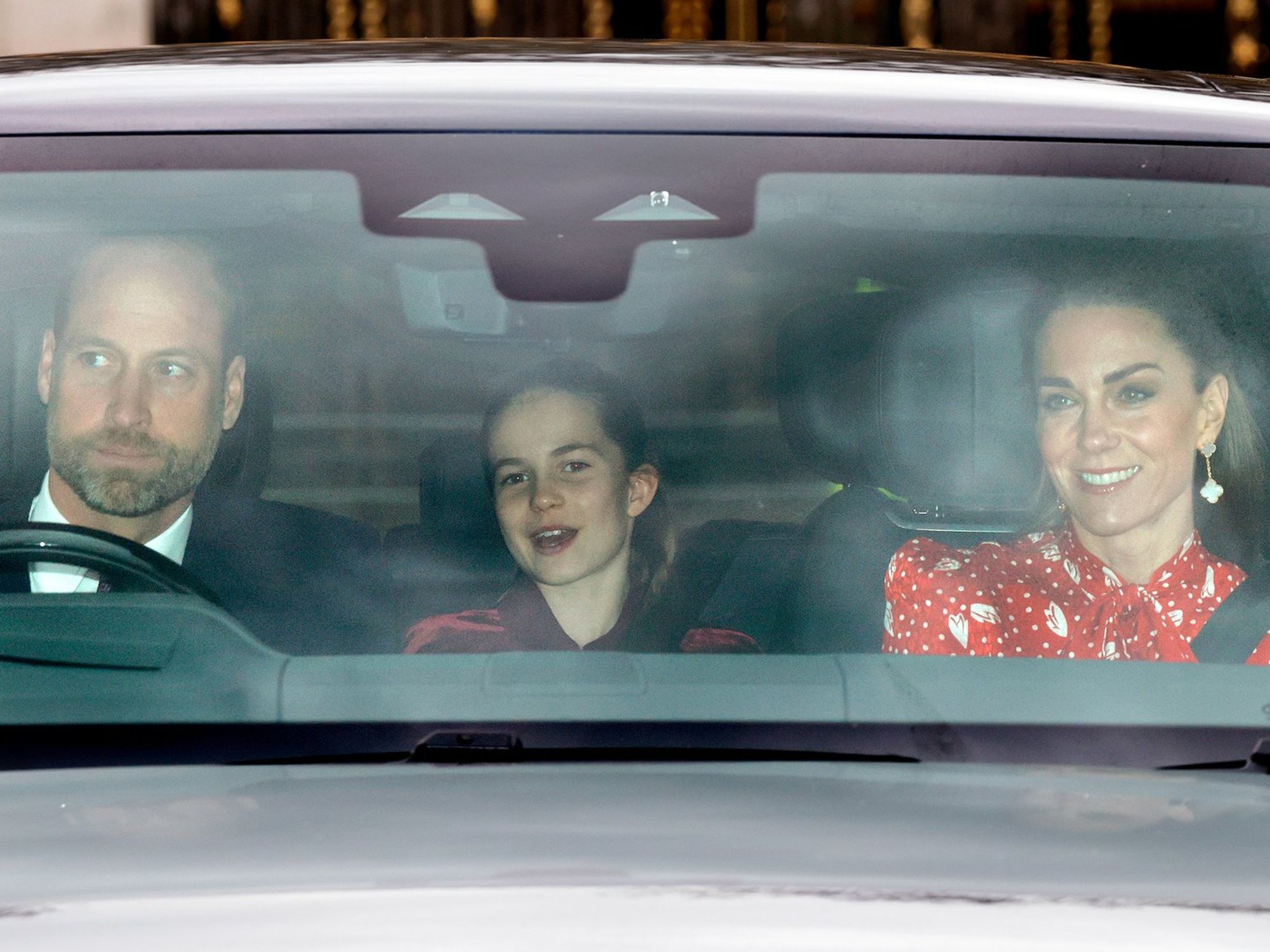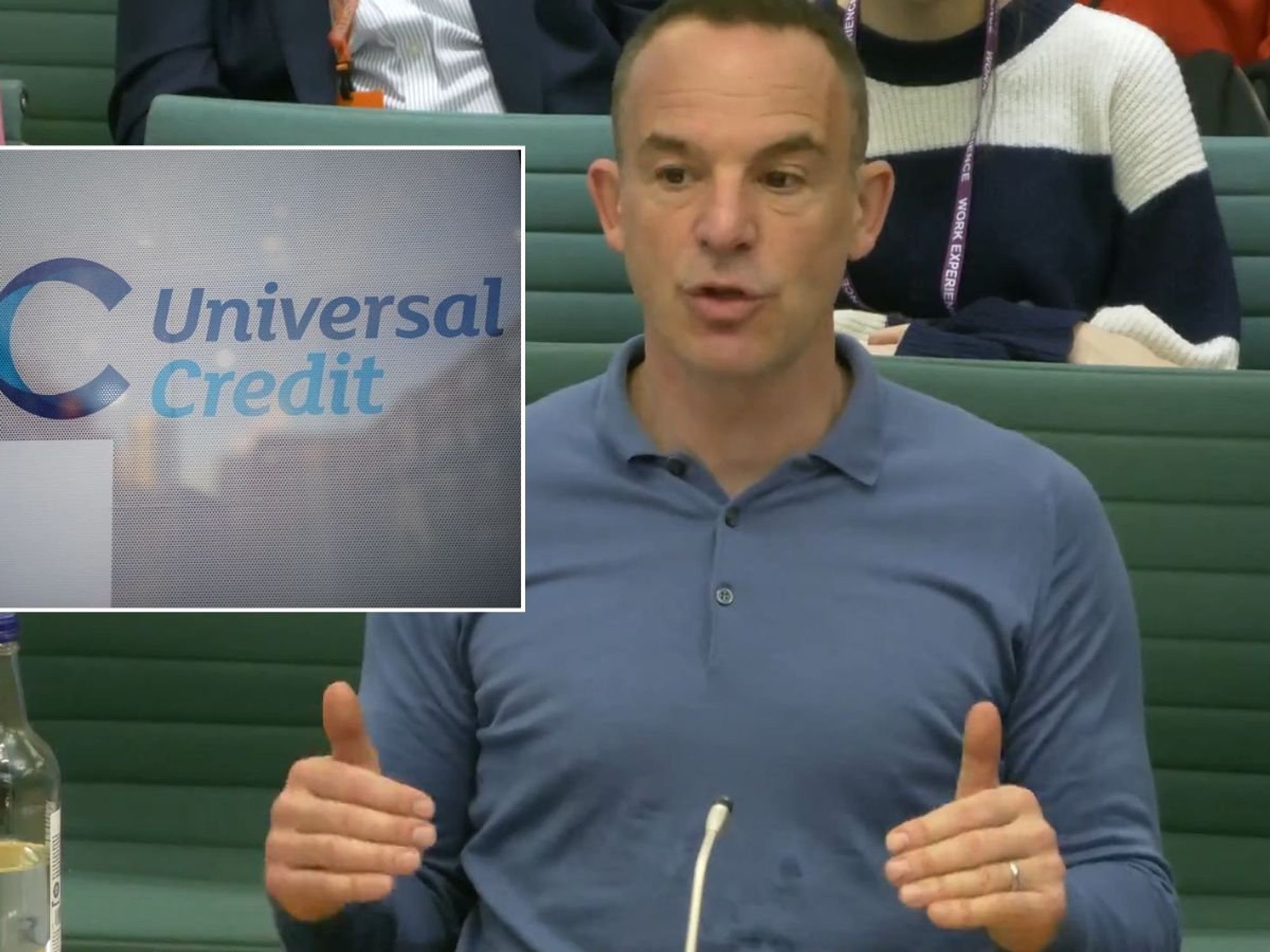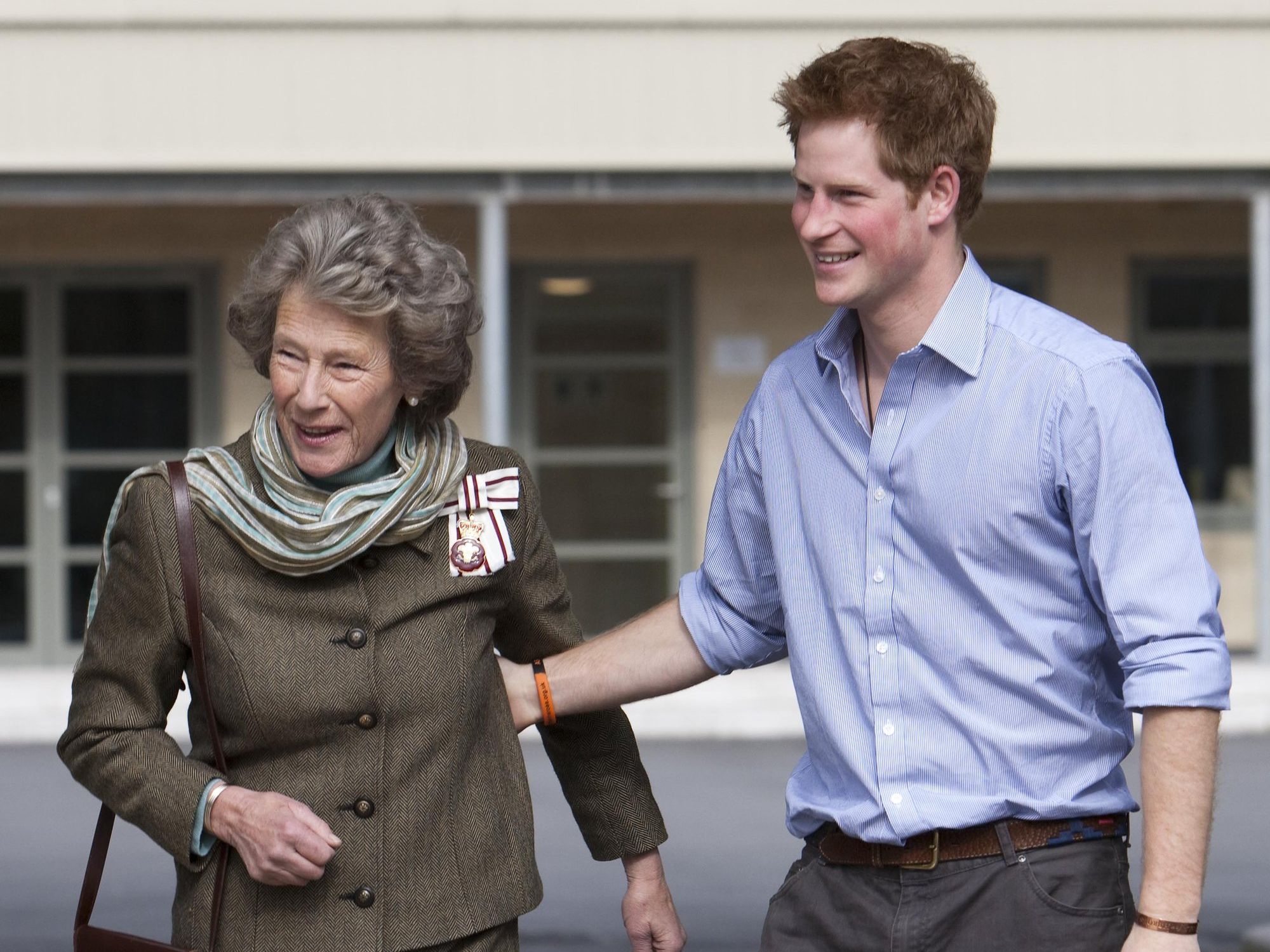Miriam Cates demands people stick to 'material facts' on gender identity
Miriam Cates MP
|
Speaking to GB News at the Alliance for Responsible Citizenship Conference in London, Cates said a 'strong society is one that protects women'
Don't Miss
Most Read
Miriam Cates has demanded the public stick to "material facts" when it comes to the debate on gender identity, calling for the protection of women's spaces.
Her comments come amid mounting concern over self-identification from women who believe trans people are a threat to their spaces and rights.

Speaking to GB News at the Alliance for Responsible Citizenship Conference in London, Cates said a "strong society is one that protects women".
Cates was speaking at the Arc Conference in London, an organisation which was established as "an international community with a vision for a better world".
Its mission is to generate a new approach to society, which would allow everyone to "prosper, contribute and flourish".
When asked whether she believes the new approach to society would serve to protect women's freedom and spaces more, Cates said: "We've begun to misinterpret freedom as something that gives us complete individual autonomy and even freedom from material reality.
"Now the difference between men and women is the kind of basic form of material reality and you there have to be some sort of boundaries and and mutual understanding in society.
"If you go into how any sort of social cohesion, the difference between men and women and what a man is and what a woman is, are at the very, the very basic level.
"So yeah, absolutely a strong society is one that protects women, that allows women to have their own spaces, that doesn't let men claim to be women when that's, you know, not a material fact.
"That doesn't mean we can't be a compassionate society and understand very much that some people have struggles, have gender dysphoria. But I think we've also got to agree on the basics."
There has been growing disagreement over the issue of trans rights in recent months.
Earlier this year, Westminster launched a legal challenge against the Scottish Government, after it introduced reforms which would have made it easier for trans people across the border to change their legal gender.
It would have sped up the process of acquiring a gender recognition certificate (GRC), which is seen as an integral part of trans inclusion.
The proposed reforms would remove the requirement for a medical diagnosis of gender dysphoria, allowing people to apply for a GRC as long as they have been living as the gender they identify with for three months. This is a reduction from the current minimum of three years.
A total of 11 European countries have introduced similar reforms.
The Government blocked the legislation under Section 35 of the Scotland Act, which allows a UK secretary of state to stop a bill from getting royal assent if they have reasonable grounds to believe the law would have an adverse effect on legislation reserved to Westminster.
Westminster’s decision to block the bill from going for royal assent is the first time Section 35 has been used.
Campaign group Scottish Trans has said the current UK-wide requirements for applying for a Gender Recognition Certificate are overly laborious.
The organisation said: "The time, evidence, and money required, as well as the emotional toll of potentially having an application rejected, mean that many trans people do not apply – even those who have otherwise 'completed' every other aspect of their transition."
It adds: "This is very frustrating for many trans men and women who find that this slow, bureaucratic process is preventing them from otherwise just getting on with their lives.
"Many trans people know they are trans a long time before they socially, medically, and legally transition, and do not make the choice to do so lightly.
LATEST DEVELOPMENTS:

Cates said: "We've begun to misinterpret freedom as something that gives us complete individual autonomy and even freedom from material reality"
|PA
"Requiring at least two years of evidence is then an excessively long and arbitrary amount of time to ensure that someone is certain they want to change their legal sex, especially as they also have to make a statutory declaration as part of the process."
But critics say the law undermines sexual equality and poses a risk to women’s safety.
Cates said it was “absolutely right” for Westminster to block Scotland’s gender recognition reform law, claiming the bill would make it “vastly easier for a predator to gain access to children” and alleged it would have a “chilling effect” on single-sex spaces.











